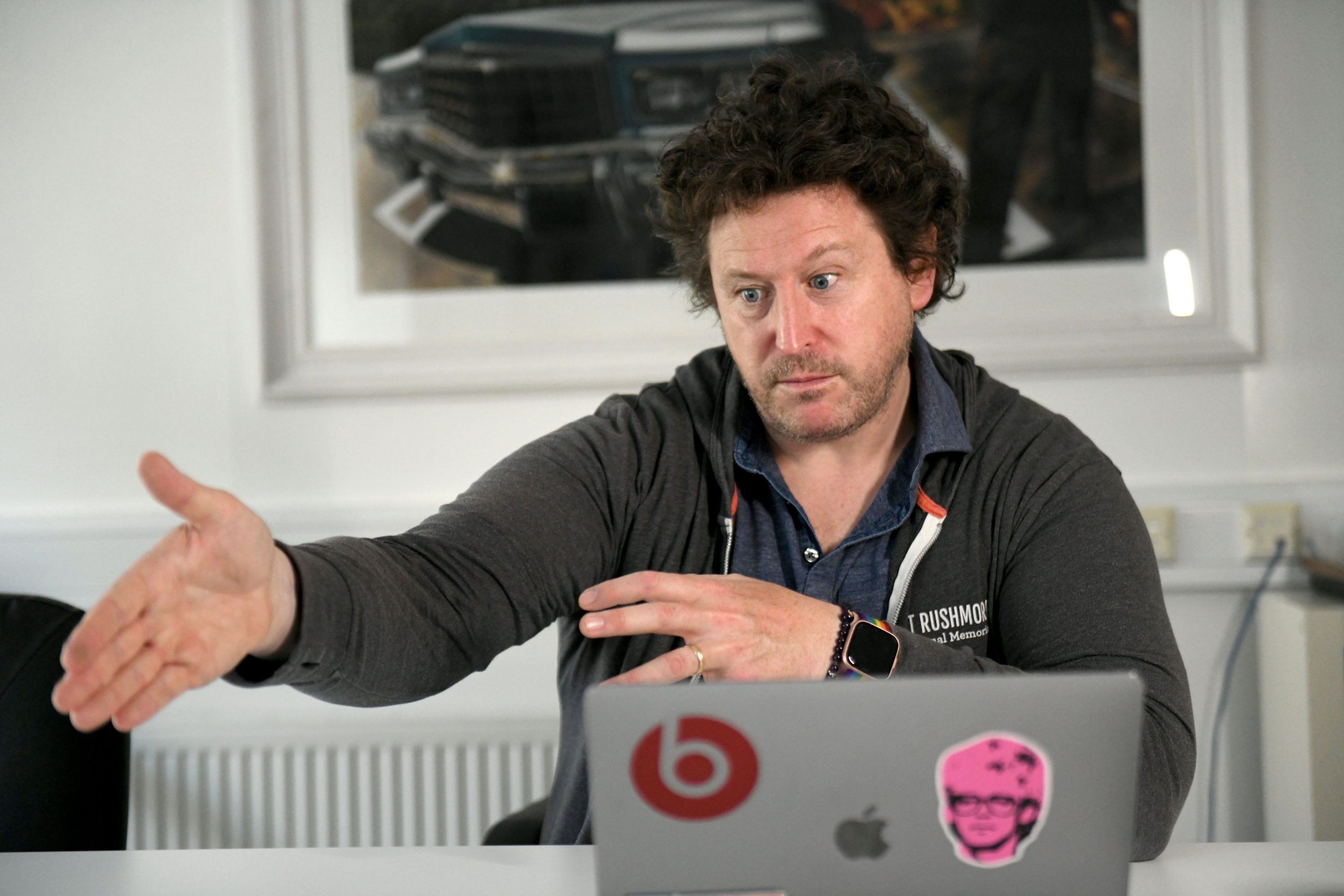It was mid-June when Conor Sheahan found himself in a 16-seater bus on the way to the office of Action24 in Sandyford Business Park in Dublin 18. He had just helped to close a €3.6 million investment in the Dublin-based security business, which provides monitored intruder alarms, CCTV and access control solutions. So, it was time to celebrate. Sheahan, an experienced corporate financier, had become chairman of Action24 following the investment by growth capital investor BGF. On the bus with Sheahan were two of his team from CKS, a boutique corporate finance house he founded a decade ago, as well…
Cancel at any time. Are you already a member? Log in here.
Want to read the full story?
Unlock this article – and everything else on The Currency – with an annual membership and receive a free Samsonite Upscape suitcase, retailing at €235, delivered to your door.

